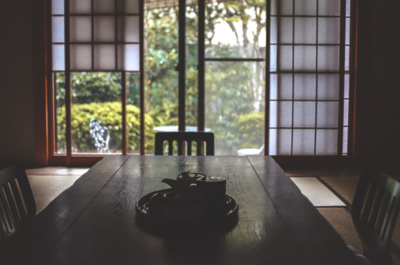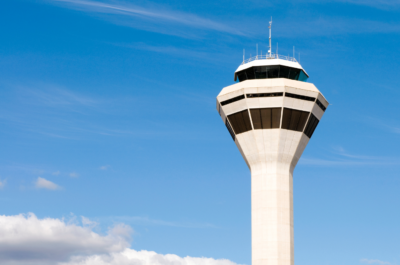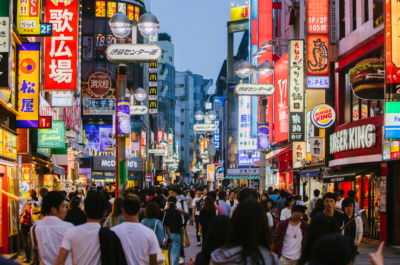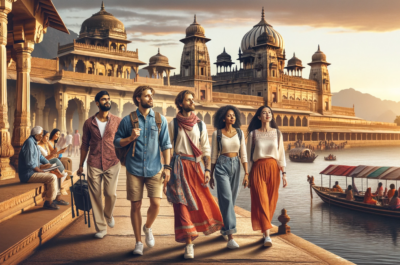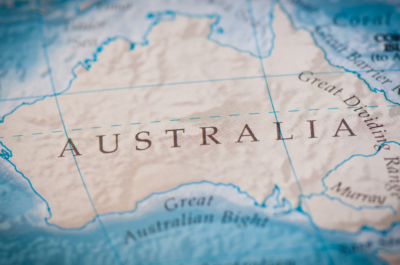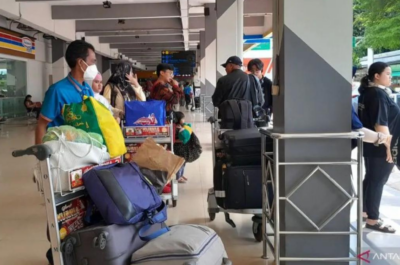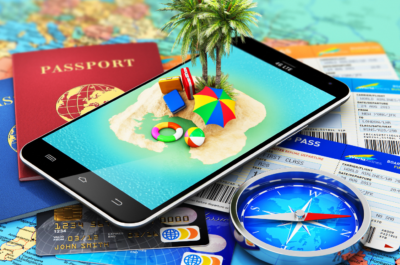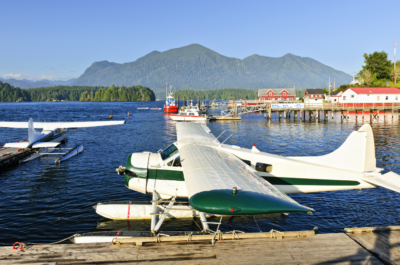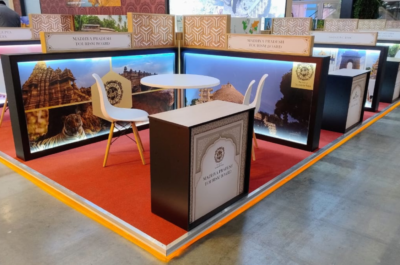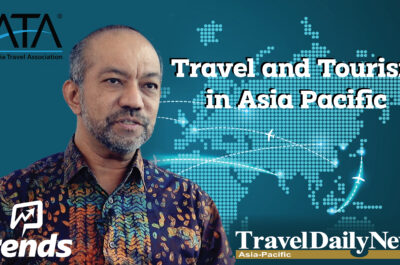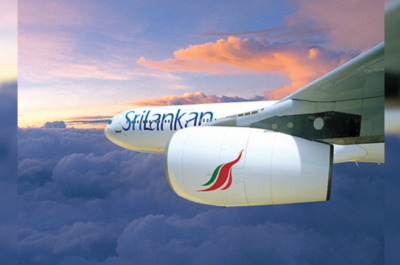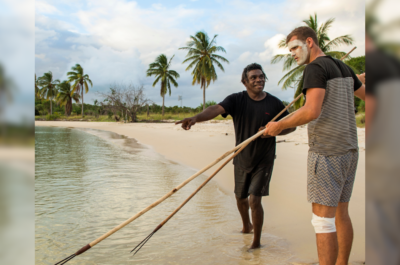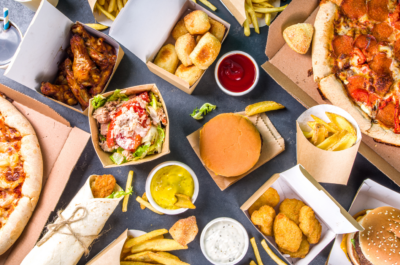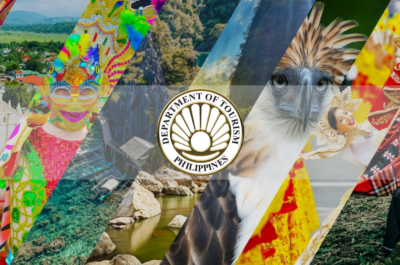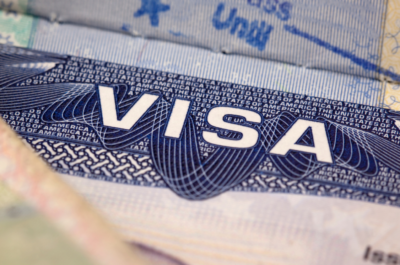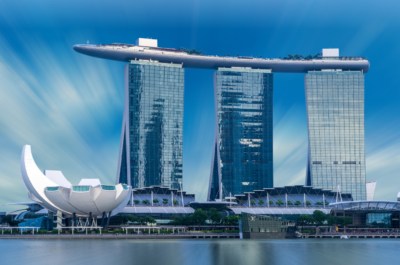New research by Uswitch highlights that 1 in 2 (52%) of LGBTQ+ travelers have experienced discrimination when visiting countries abroad.
Over half of LGBTQ+ people experience discrimination when travelling abroad, with transgender people being impacted the most (72%)[1], reveals Uswitch.com, the comparison and switching service.
Consumer research was conducted to find out how safe the internet is when travelling abroad and using public Wi-Fi networks, especially for those who identify within the LGBTQ+ community.
According to a report by ILGA, many countries have inconspicuous restrictions such as anti-protesting and internet censorship as a way to impose laws on members of the LGBTQ+ community, which are not always obvious[2].
In total, there were forty-five countries where people had experienced internet censorship, including many EU countries including the UK[3].
The platforms that were blocked the most were dating apps and social media sites such as Instagram, Facebook, Twitter, Snapchat, Whatsapp and even some Google searches[4].
Three in four people (73%) admitted they do not feel safe travelling to certain countries as they are concerned over the consequences of travelling as someone from the LGBTQ+ community[5].
To help LGBTQ+ travellers feel safer when accessing public internet while travelling abroad, Nick Baker, broadband expert at Uswitch.com offers tips on how to do so:
- Search for LGBTQ+ friendly accommodation -This will not only help visitors feel safe and secure, but can also help advise travellers on safe places to visit, travel to and use the internet. Booking.com’s Travel Proud feature is a useful tool to ensure a welcoming stay.
- Have physical copies of paperwork and identification – in case your internet access is blocked or unavailable, having offline copies of anything you might need during your trip can help you feel assured that you have all the relevant paperwork in any situation.
- Get a VPN on your devices – Using a VPN allows you to create a private network connection that you can access from devices, such as your mobile or laptop. This means you can keep your identity and personal information secure when travelling to countries that might not be safe.
- Check out the local government’s official tourism website – a quick scan of the Government’s official website of the country you’re travelling to can give you an idea of how welcoming it is to LGBTQ+ tourism. If there’s a dedicated section, you should feel at ease knowing the country is offering advice.
- Connect with locals – If social media and dating apps aren’t blocked, they’re a great way to find out more and get an honest, local perspective of cultural norms, as well as the best places to visit.
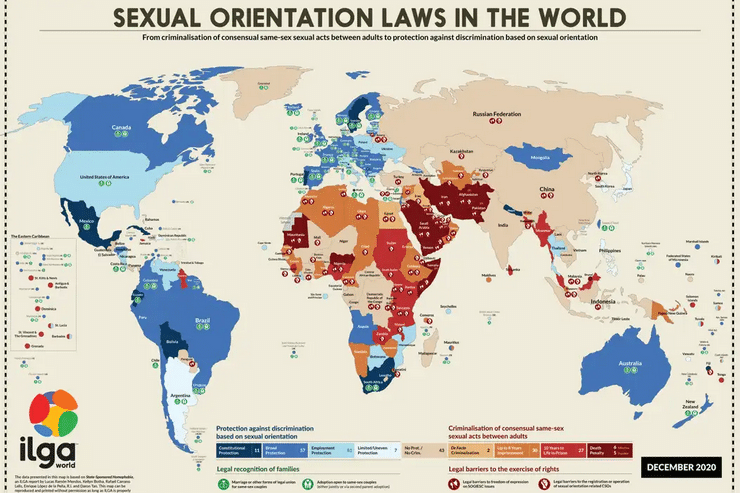
Notes:
Censuswide surveyed a sample of 1,002 people who said they identify as part of the LGBTQ+ community participated in the survey from 27th May 2022 to 1st June 2022.
- All respondents were asked: Have you ever experienced LGBTQ+ discrimination whilst on holiday or living abroad? – 51.90% of people answered Yes, at least once or more.
- Those who identify as LGBTQ+ were asked: Have you ever experienced your internet access being blocked or censored whilst on holiday / living abroad due to looking at any content related to LGBTQ+ community? – 24.58% of people answered Yes, at least once or more.
- Those who identify as LGBTQ+ were asked: In which country/ies did this happen? (Tick all that apply) – China and the United States received 12.77% of the votes, with Brazil coming out third with 12.34%. The rest of the top 10 as follows; Belgium (11.91%), Croatia (8.51%), France (8.51%), Australia (8.09%), Austria (7.66%), Cyprus (7.66%), Spain (6.81%).
- Those who identify as LGBTQ+ were asked: Which services were blocked and/or censored? (Tick all that apply) – Dating apps came out first (36.17%), Instagram (33.19%), Facebook (28.94%), Google search (26.81%), Twitter (25.53%), Whatsapp (22.98%), LinkedIn (15.74%).
- Those who identify as LGBTQ+ were asked: Which countries would you avoid due to them not being LGBTQ+ friendly? (Tick all that apply) – Turkey came out top, 25.75%, followed by China (23.16%) and South Africa (21.66%). The rest of the top 10 as follows; India (21.39%), Morocco (18.53%), Jamaica (16.62%), United States (11.31%), Cuba (10,49%) Brazil (9.95%), Mexico (8.45%).
Theodore is the Co-Founder and Managing Editor of TravelDailyNews Media Network; his responsibilities include business development and planning for TravelDailyNews long-term opportunities.




















